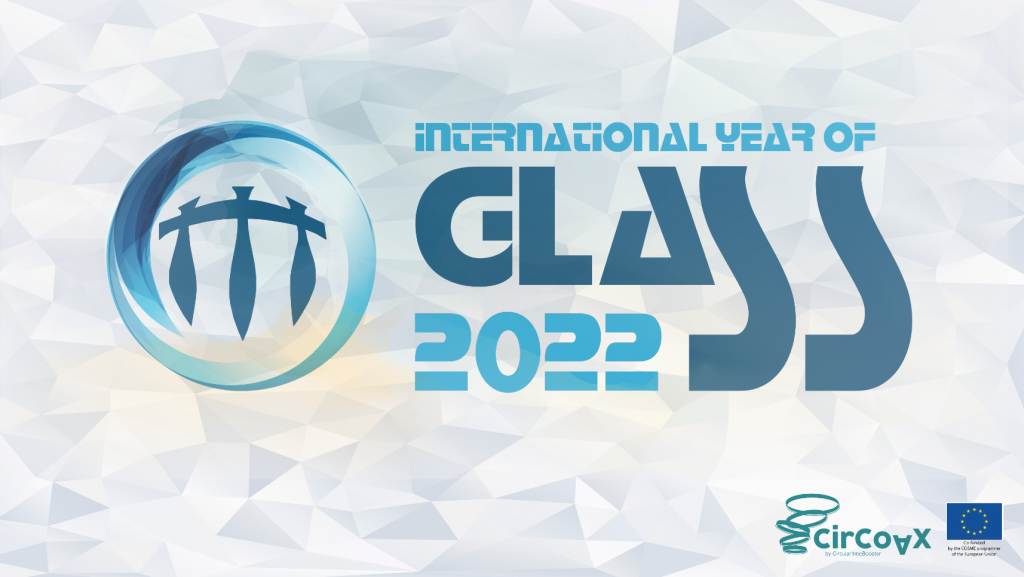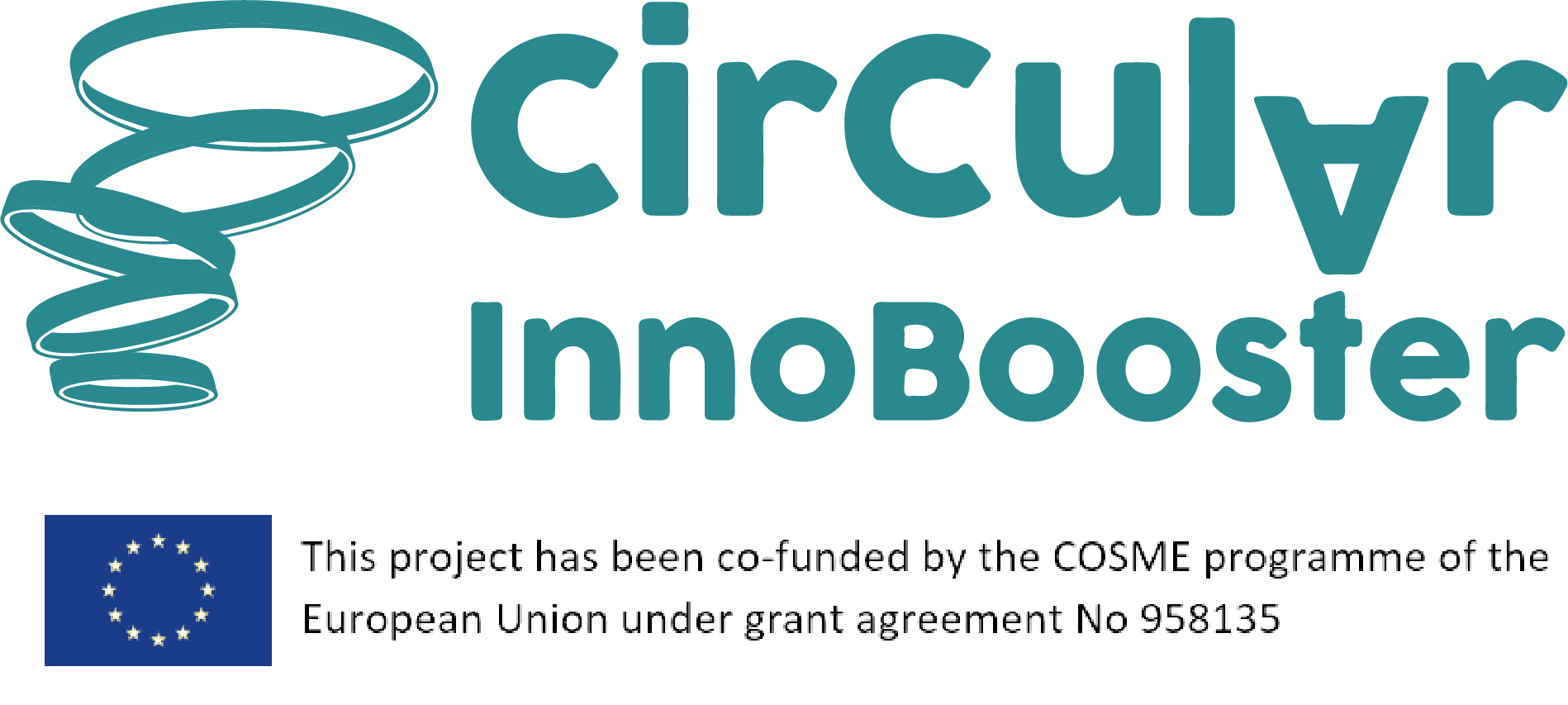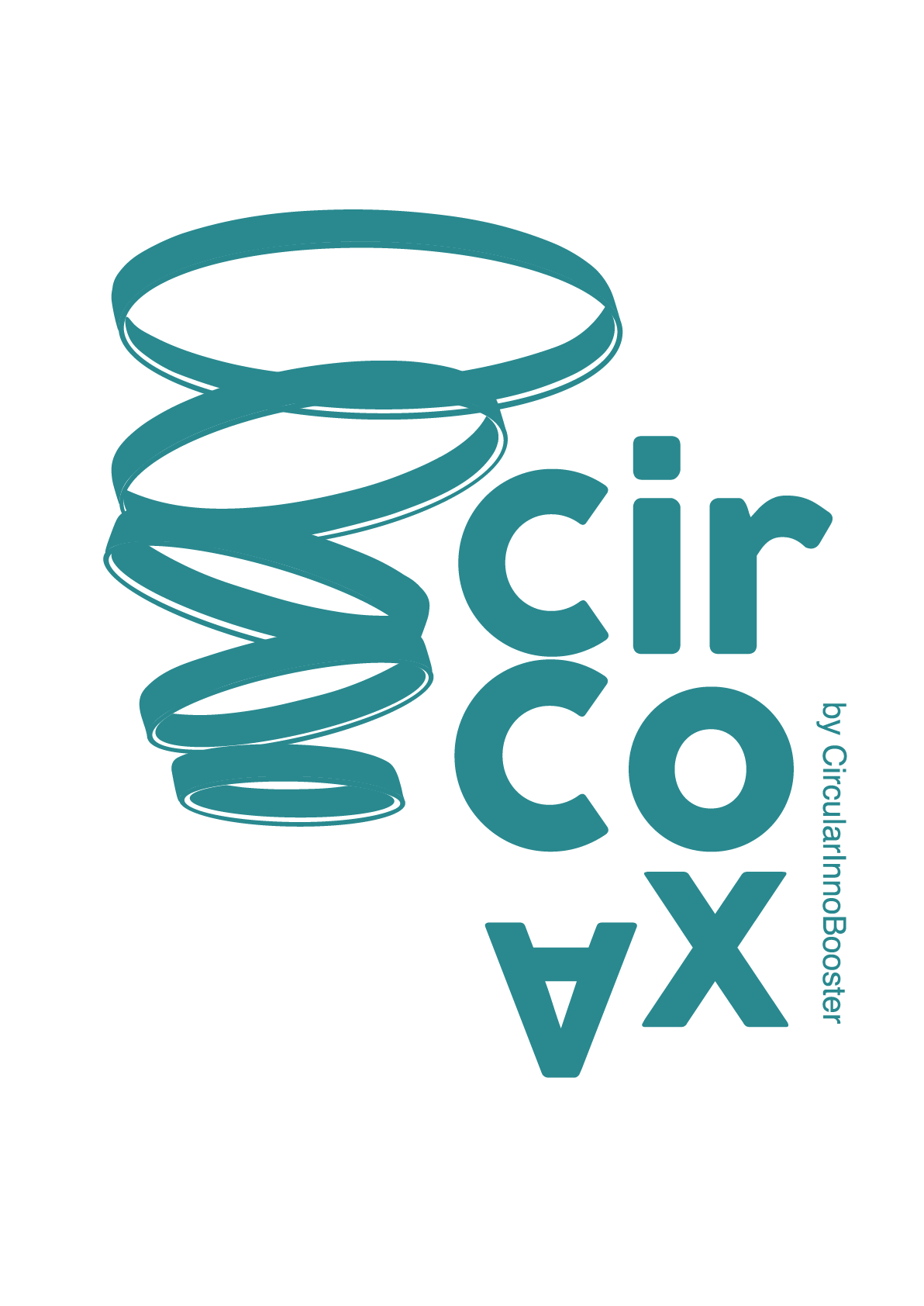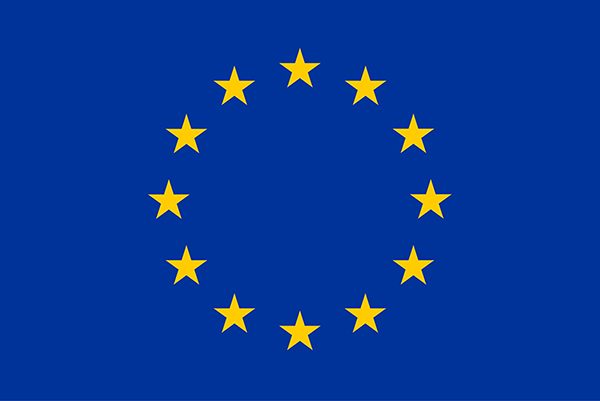
This 2022 arrives as a turning point to achieve the goals of the European Green Deal and the Agenda 2030 for Sustainable Development. The countdown has begun, and this is a crucial year for determining whether we meet climate deadlines. The COSME project CircularInnoBooster and its accelerator CirCoAX strongly reinforce the circular and sustainable transformation of the fashion and textile industry, supporting innovation as a key driver of change.
A sector that is so creative, but polluting has a golden opportunity to reinvent itself. Many disruptive projects are already at the forefront of a cutting-edge movement that has come to stay. But more efforts are needed. Industry professionals have the capacity, but also the responsibility, to settle a new way of producing, including ethical processes, sustainable materials, cooperation for the exchange of good practices, the reuse of waste, and the creation of new services.
Glass is undoubtedly an element that has added value to the life quality and stands out as a facilitator of sustainability due to its properties of durability, strength, and rigidity. For CircularInnoBooster, the International Year of Glass is an example of the immense potential that lies ahead for this industry.
Already in 1983, during the Chicago World’s Fair, the Libbey factory tried to impress the attendees by turning the conventional use of glass on its head. They presented a unique collection, with ties made of braided glass filaments, or a gown made of fibreglass. Nowadays, renowned designers such as Iris Van Herpen are bringing this type of material to the catwalks through 3D modelling creations.
The aim of our COSME project is to encourage independent designers, associations, entrepreneurs and many other agents of change to create innovative products that respond to current problems, by following the circular economy model. CircularInnoBooster is born with the vocation of turning garments into unique items that reflect the commitment to generations, cultures, people and their environment, portraying values of respect for the environment and generating decent jobs.
Join the green transformation!
Contact us:
About COSME
COSME is the programme for the Competitiveness of Enterprises and Small and Medium-sized Enterprises by the European Commission’s Executive Agency for Small and Medium-sized Enterprises (EASME).
This programme assists SMEs to develop their business models, to receive funds, and to internationalize. This scheme also supports public administrations to enhance the entrepreneurial environment and to facilitate the economic growth of the EU. During the funding period of 2014-2020, this programme allocated €2.3 billion to support SMEs.
About IED
Istituto Europeo di Design is an academic institution working in education, training, and the research of fashion, design, visual communication, and management. IED has offices in Spain (Madrid and Barcelona), Italy (Milan, Rome and five other cities) and Brazil (São Paulo and Rio de Janeiro). IED works in several EU and COSME countries through collaborations and arrangements with institutions, business support organizations, teachers, experts, and mentors. IED has an extensive network of connections in the fashion and textile sector (F&T).
About Finnova Foundation
Finnova is a foundation working to promote and develop innovation and entrepreneurship across the EU. Headquartered in Brussels, it works through collaborations and partnerships across all EU countries. Finnova’s experience in communicating and disseminating European projects is coupled with an extensive and grounded experience in creating businesses and programmes to support enterprises, such as accelerators, incubators, and the selection and organization of ceremonies and events.
About Texfor
Texfor is a leading textile association in Spain with roughly 400 members. Founded in 2010 and based in Catalonia, Texfor brings together enterprises from the textile value chain, i.e. from weaving to fabrics as well as accessories, textile finishing, printing, and dyeing for the dressmaking industry, textiles for households, and technical and industrial applications. Texfor has an extensive expertise as it has worked in relevant expert committees at an EU level: university and professional training, developing financial capacities, cross-cutting collaboration, fostering RDI, specialized services, and leadership in sustainability focused on the circular economy.
About Circulab
Circulab is a laboratory and design studio specializing in developing transformation methods, tools and programmes to help enterprises adopt circular and sustainable business models. Circulab has designed several tools to implement a circular business model in enterprises. It works in 23 countries – 9 out of them in the EU – and it supports projects via 60 independent entrepreneurial consultants. It applies circular methodologies and tools.
About The Circular Project co-designed with HumanNation
TCP (The Circular Project) favours and promotes a circular and sustainable fashion in different areas, offering the fashion industry a communication strategy based on a cross-cutting and systemic approach of the circular economy. TCP combines social, ethical, environmental, and economic aspects, and has a strong presence as well as connections in the sustainable fashion world. TCP has promoted the Circular Sustainable Fashion Week Madrid, a one-of-a-kind event, and also serves as HQ for the Spanish Association for the Sustainability, Innovation and Circularity in the Fashion Industry. TCP is also ambassador of Sannas (Triple Bottom Line Business Association) and has collaborated with a wide array of Spanish, European, and Latin American institutions and enterprises.
The Circular Project works with HumanNation to co-design and develop CirCoAX. HumanNation is a consultancy enterprise specializing in the development of transformative and disruptive ecosystems of innovation and companies for the ‘new economy’. It is based on the fourth economic sector, the systemic thinking, and co-creation. It raises awareness in organizations and ecosystems to respect the planetary boundaries and the social fabric, creating resilient local economies with a global perspective.


